$43.00 – $20,399.00
Wholesale Delta9 Tetrahydrocannabivarin – A Thorough Description of D9-THCV.
THCV Isolate wholesale – D9-tetrahydrocannabivarin (THCV) is a naturally occurring cannabinoid found in the cannabis plant. It is structurally similar to tetrahydrocannabinol (THC), the primary psychoactive compound in cannabis, but it has distinct properties and effects.
THCV is known for its unique effects on the body’s endocannabinoid system, which is involved in regulating various physiological processes such as mood, appetite, pain sensation, and inflammation. While the exact mechanisms of THCV are still being studied, it is believed to interact with the CB1 and CB2 receptors in the endocannabinoid system, although with different effects compared to THC.
One notable difference between THCV and THC is their psychoactive properties. While THC is known for its intoxicating effects and can induce a sense of euphoria and relaxation, THCV has been reported to have a more uplifting and stimulating effect. Some studies suggest that THCV may act as an antagonist to CB1 receptors at low doses, potentially counteracting some of the effects of THC.
Additionally, THCV may have potential therapeutic applications. Research indicates that THCV may have anticonvulsant properties, potentially making it useful in the treatment of conditions such as epilepsy. It has also been studied for its potential effects on appetite suppression and weight loss, as THCV has been reported to reduce food intake and increase energy expenditure in animal models.
It’s worth noting that research on THCV is still in its early stages, and much of the current knowledge is based on preclinical studies or anecdotal evidence. More research is needed to fully understand its potential therapeutic benefits, optimal dosages, and long-term effects.
As always, if you have specific health concerns or are considering using THCV for any purpose, it’s important to consult with a healthcare professional who can provide personalized advice and guidance.
Benefits of D9-THCV Isolate wholesale
While research on D9-tetrahydrocannabivarin (THCV) is still limited, some studies and anecdotal evidence suggest potential benefits associated with its use. However, it’s important to note that more research is needed to fully understand and validate these potential benefits. Here are some areas where THCV has shown promise:
- Appetite suppression and weight management: THCV has been found to potentially reduce appetite and increase satiety, which could be beneficial for individuals looking to manage their weight. Animal studies have shown that THCV may affect the brain’s reward system and reduce the motivation to consume food.
- Potential antiepileptic properties: THCV has shown anticonvulsant effects in preclinical studies, indicating its potential as a treatment option for epilepsy and other seizure disorders. Further research is needed to determine its effectiveness in humans.
- Diabetes management: Some research suggests that THCV may have a positive impact on glucose metabolism and insulin sensitivity. It has been studied for its potential to improve pancreatic function and reduce insulin resistance, which could be beneficial in the management of diabetes.
- Neuroprotective effects: THCV has shown promise as a neuroprotective compound in preclinical studies. It has been investigated for its potential in conditions such as Parkinson’s disease and Alzheimer’s disease, as it may have the ability to protect neurons from degeneration.
- Mood and mental health: While THC is known to have psychoactive effects, THCV has been reported to have a different impact on mood. It has been suggested that THCV may possess antidepressant and anxiolytic properties, potentially influencing mood disorders such as depression and anxiety.
It’s important to emphasize that the research on THCV is still evolving, and most studies have been conducted in animal models or in vitro settings. Clinical trials on humans are limited, and more research is needed to establish the safety, efficacy, and optimal dosages of THCV for various conditions.
If you are considering using THCV for any specific health concern, it’s advisable to consult with a healthcare professional who can provide personalized guidance based on your individual circumstances.
Fewer Side Effects
Compared to some other cannabinoids, D9-tetrahydrocannabivarin (THCV) has been suggested to have fewer side effects. However, it’s important to note that the research on THCV’s side effects is still limited, and individual experiences may vary. Here are a few factors that contribute to the perception of THCV having fewer side effects:
- Psychoactive effects: THCV has been reported to have a different psychoactive profile compared to tetrahydrocannabinol (THC), the primary psychoactive compound in cannabis. While THC is known to induce a sense of euphoria and relaxation, THCV is often described as having a more uplifting and stimulating effect. This difference in psychoactivity may be perceived as fewer side effects for those who prefer a less sedating experience.
- Dose-dependent effects: The effects of THCV may vary depending on the dosage used. It has been suggested that at low doses, THCV may act as an antagonist to CB1 receptors, potentially counteracting some of the psychoactive effects of THC. However, at higher doses, THCV may start to exhibit THC-like effects. Finding the appropriate dosage and individual tolerance is crucial to minimizing any potential side effects.
- Limited research: The understanding of THCV’s side effects is still in its early stages due to limited clinical research. Most of the available information is based on preclinical studies or anecdotal evidence. As more research is conducted, a clearer picture of THCV’s safety profile and potential side effects may emerge.
It’s important to remember that any substance, including cannabinoids, can have varying effects on different individuals. Some people may be more sensitive to certain compounds, while others may experience different reactions based on their unique physiology and metabolism. If you have concerns about potential side effects or are considering using THCV, it’s advisable to consult with a healthcare professional who can provide personalized advice based on your specific circumstances.
What is the difference between THCV and Thcva?
THCV (D9-tetrahydrocannabivarin) and THCVA (tetrahydrocannabivarin acid) are both cannabinoids found in the cannabis plant, but they have some notable differences. The main distinction lies in their chemical structures and how they are produced within the plant.
- Chemical structure: THCV and THCVA have similar chemical structures, but they differ in the presence of a carboxylic acid group. THCVA is the acidic form of THCV, meaning it contains the carboxylic acid (-COOH) group, while THCV does not. This slight structural difference affects their properties and how they interact with the body’s endocannabinoid system.
- Biosynthesis: THCVA is considered a precursor to THCV. It is produced by the cannabis plant in its acidic form (THCVA) and undergoes decarboxylation, a process that removes the carboxylic acid group, to become THCV. Decarboxylation typically occurs through heating or drying of the plant material, or during the smoking or vaporization process.
- Activation and effects: The acidic forms of cannabinoids, including THCVA, are generally not directly psychoactive. They require decarboxylation to convert into their neutral forms (e.g., THCV) to exhibit their effects. THCV is known to have a different psychoactive profile compared to THC, often described as having a more uplifting and stimulating effect.
- Research and availability: THCV has received more research attention compared to THCVA, and there is more available information on its potential effects and properties. THCVA, on the other hand, has been studied to a lesser extent, and its specific effects and therapeutic potential are not as well understood.
It’s important to note that the understanding of cannabinoids and their effects is still evolving. The research on THCVA is limited, and its potential benefits and properties are not as well-documented as those of THCV. Further research is needed to fully understand the distinctions and potential applications of these cannabinoids.
Buy THCV Isolate & Extract UK | THCV Isolate for sale USA | THCV Isolate – Buy Hemp Derived THCV Online Ireland | Bulk Delta 9 Supplier France | Buy Thcv Isolate Australia | THCV Products For Sale Germany | THCV Distillate Bulk Canada | THCV Isolate wholesale Italy | Wholesale and Bulk CBD Isolate for Europe | THCV Distillate Bulk Netherlands | THCV Isolate wholesale Belgium | Delta-9 THC Wholesale EU | Buy THCV Wholesale Products | Best THCV for weight loss | Shop THCV (Tetrahydrocannabivarin) Products Online | Delta-9 THC Wholesale – Bulk Delta 9 Supplier | THCV Isolate wholesale | Best THCV Products for Sale
| Volume | g, 1kg |
|---|
Be the first to review “D9-Tetrahydrocannabivarin – THCV” Cancel reply
Related products
Cannabinoid Isolates
Cannabis Concentrate
Cannabinoid Isolates
Cannabinoid Isolates
Cannabinoid Isolates
Water Soluble Cannabinoids
Cannabinoid Isolates

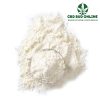
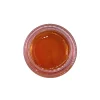

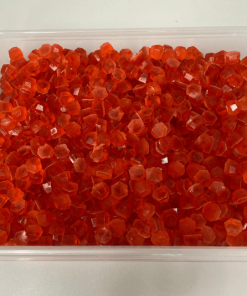

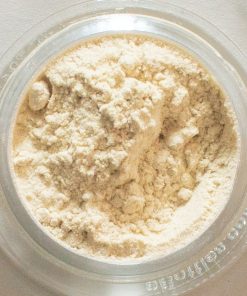
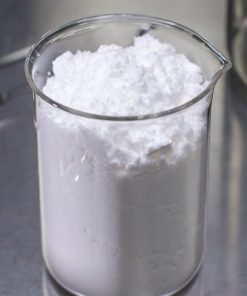

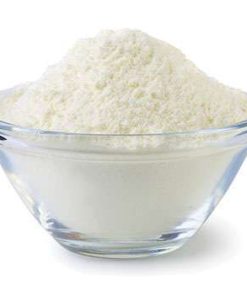
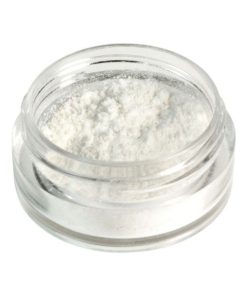
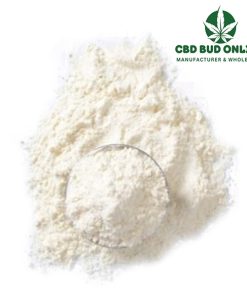
Reviews
There are no reviews yet.